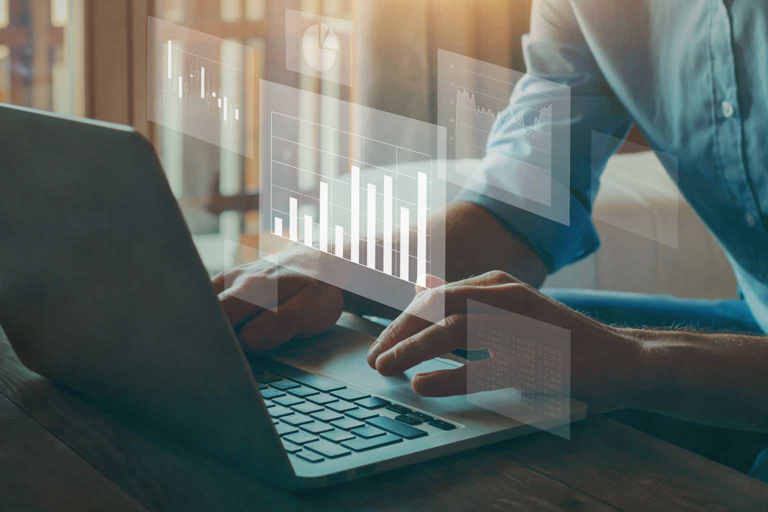ETHZilla recently announced a stock repurchase program worth $250 million, which propelled its shares to surge over 6%. This initiative is part of a strategic plan aimed at enhancing shareholder value, particularly in a competitive market where companies continually look for ways to boost their stock prices and investor confidence. Historically, stock buybacks have been a popular method among companies to return capital to shareholders while simultaneously signaling to the market that management believes shares are undervalued. According to Investopedia, share repurchases can lead to a significant increase in earnings per share (EPS) by reducing the number of outstanding shares, thereby enhancing shareholder returns.
Understanding Stock Repurchase Programs
A stock repurchase program allows a company to buy back its shares from the marketplace, decreasing the overall number of shares available. This reduction typically results in improved financial metrics, such as EPS and return on equity (ROE). Companies like ETHZilla often employ this strategy to manage stock supply and exert control over the company’s market image. For instance, with a $250 million buyback, ETHZilla demonstrates confidence in its financial health, especially notable in times of market uncertainty. By decreasing the share count, remaining shareholders see a potential appreciation in their shares due to increased demand and reduced supply. This method also provides tax efficiency as opposed to paying dividends, as discussed in the report by Mayer Brown.
The Impact of Share Repurchases on Company Valuation
Implementing a stock repurchase program can considerably impact a company’s valuation. By buying back shares, ETHZilla not only boosts its stock price but also improves investor perception. Investors often view share buybacks as a positive signal that the company is confident in its future cash flows. According to recent reports, companies in the S&P 500 have increasingly adopted buybacks in response to strong earnings, underscoring a trend that aids in market stability. Moreover, buybacks can lead to more flexible capital management, enabling companies to adjust their capital structures optimally.
📊 Key Benefits of Stock Repurchase Programs
- Increased EPS: Reduces share count and enhances per-share metrics.
- Market Confidence: Signals strength to investors regarding the company’s future.
Regulatory Considerations for Buybacks
While stock repurchase programs offer multiple advantages, companies like ETHZilla must navigate complex regulatory waters. For instance, regulations dictate how and when companies can repurchase their shares, potentially affecting timing decisions significantly. Companies need to be aware of restrictions that prevent manipulative practices during earnings announcements or when trading volumes are low. Importantly, adhering to such regulations not only ensures fair market practices but also enhances a company’s long-term credibility. The Securities and Exchange Commission (SEC) provides guidelines regarding these activities, which companies must follow meticulously.
Key Takeaways and Final Thoughts
In summary, the implementation of a stock repurchase program can yield substantial benefits for companies like ETHZilla and their shareholders. Such initiatives bolster stock prices, enhance EPS, and project confidence in the business’s financial health. However, navigating regulatory guidelines is crucial for successful execution. Share buybacks are increasingly popular among businesses seeking to implement effective capital management strategies, as highlighted in various industry analyses. As more companies consider these strategies, ongoing scrutiny and evaluation of their impacts will continue to shape financial markets in the future.
❓ Frequently Asked Questions
What is a stock repurchase program?
A stock repurchase program allows companies to buy back their shares from the market, leading to fewer shares being available and potentially increasing the share price as supply decreases. This can enhance metrics like earnings per share (EPS).
How do buybacks affect stock prices?
Buybacks reduce the number of shares available, leading to increased demand which can drive up share prices. They also signal confidence from management, influencing investor perception positively.
To deepen this topic, check our detailed analyses on Stock Market section







